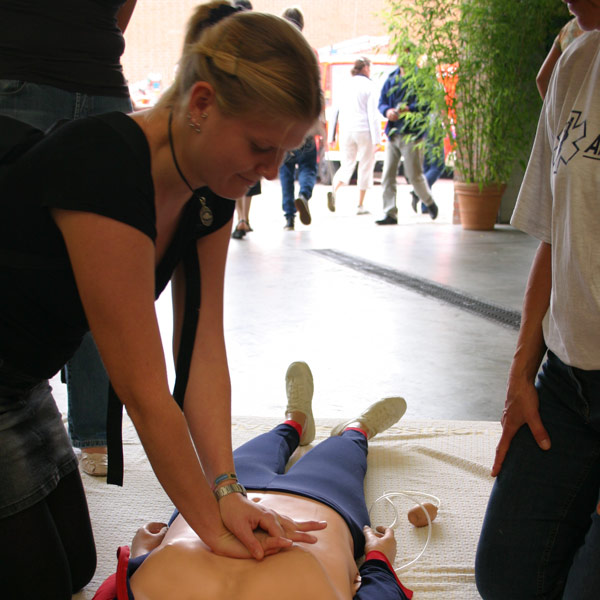THURSDAY, Feb. 18, 2016 (HealthDay News) — Surgery to open narrowed neck arteries and stenting to keep the arteries open are equally safe and effective at reducing stroke risk, a new study reveals.
About 5 percent to 10 percent of all strokes in the United States are caused by narrowing of the so-called carotid arteries — the major arteries in the neck, explained lead investigator Dr. Thomas Brott. He is a neurologist and professor of neurosciences at the Mayo Clinic in Florida.
“Since there are about 800,000 strokes a year, we’re talking about 40,000 to 50,000 strokes a year. If we can find the best way to prevent those strokes, then we will have provided a service to those patients,” Brott said in a clinic news release.
Plaque buildup in the neck arteries can reduce blood flow and cause clotting, increasing the risk of stroke. Surgery removes the narrowed segment of the artery. Stenting involves placing a tiny tube, called a stent, in the narrowed area to open the artery wider.
The study included more than 2,500 people with an average age of 69. The researchers followed the patients’ health for up to 10 years after undergoing either stenting or surgery. About 7 percent of patients in both groups had a stroke during the follow-up period, the investigators found.
Regardless of the procedure, re-narrowing of the neck artery occurred in about 1 percent of patients per year, the study revealed.
“This very low rate shows these two procedures are safe and are also very durable in preventing stroke,” Brott said.
“Because Medicare-age patients with carotid narrowing are living longer, the durability of stenting and surgery will be reassuring to the patients and their families,” he added.
The findings were scheduled to be presented Thursday at the annual meeting of the American Stroke Association in Los Angeles, and published in the Feb. 18 online edition of the New England Journal of Medicine.
The findings show that doctors and patients can choose either option based on the patient’s medical condition and preferences, Brott concluded.
More information
The U.S. National Institute of Neurological Disorders and Stroke has more about stroke prevention.
Copyright © 2026 HealthDay. All rights reserved.

